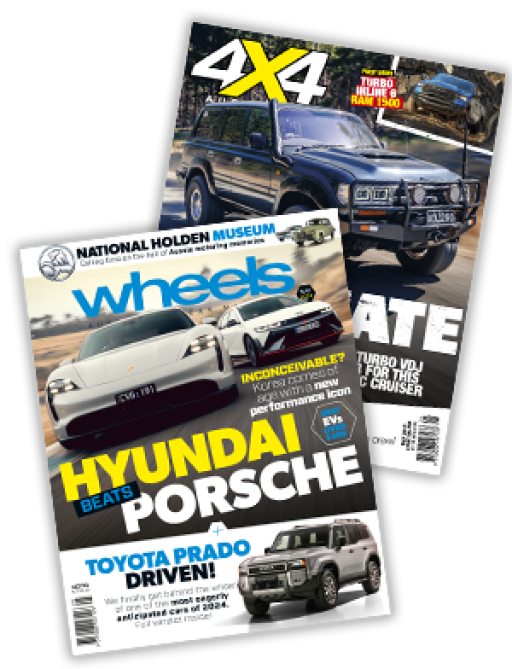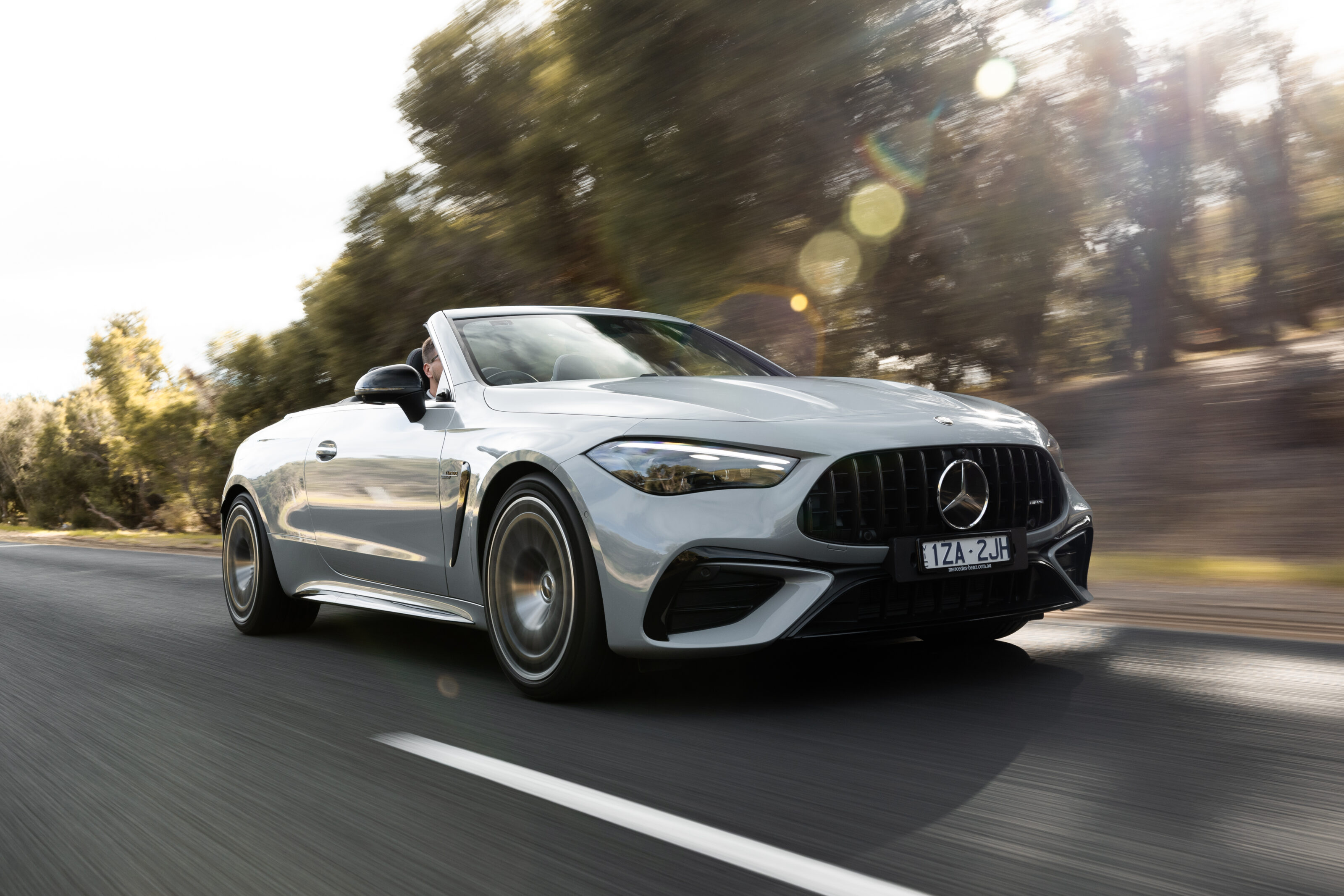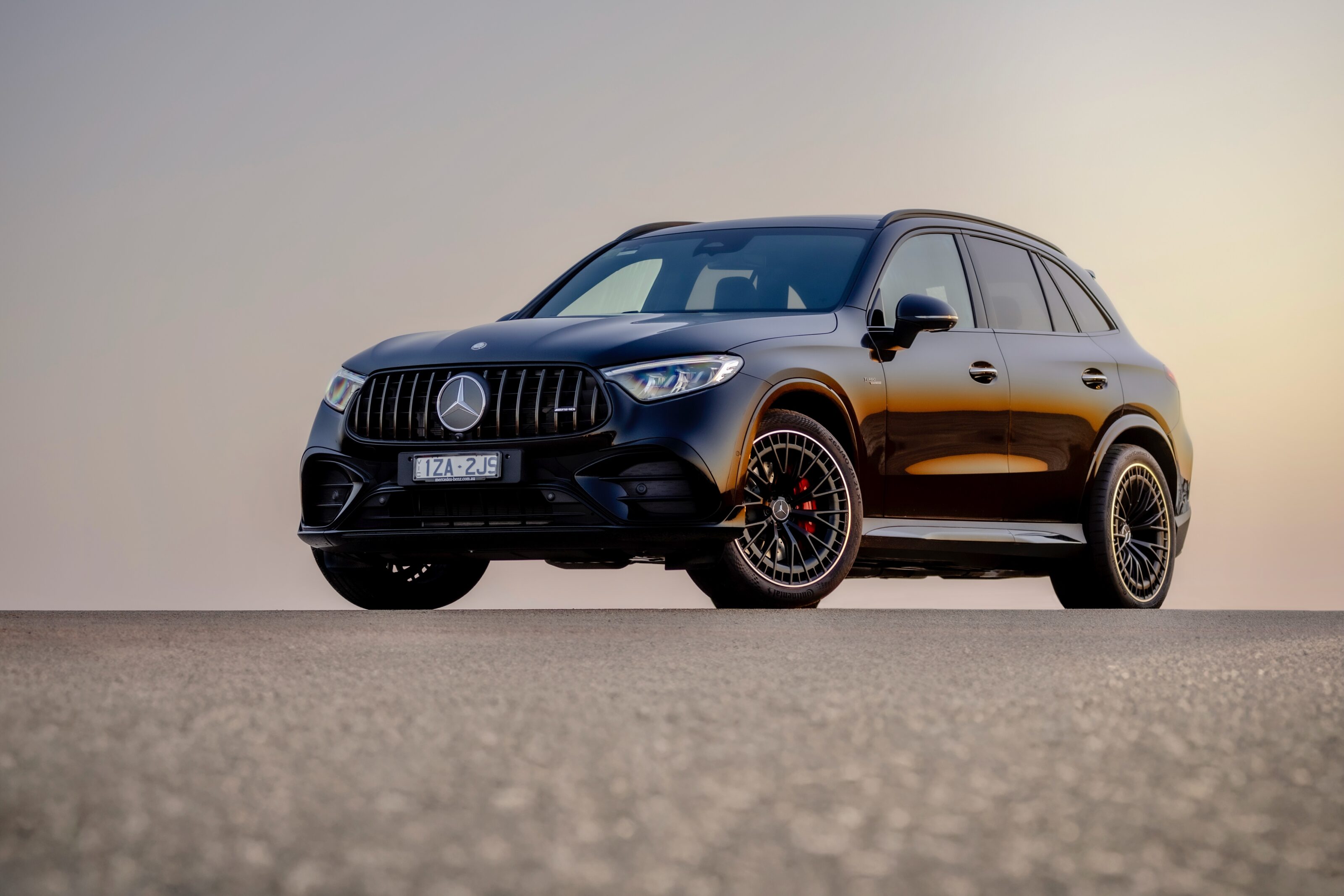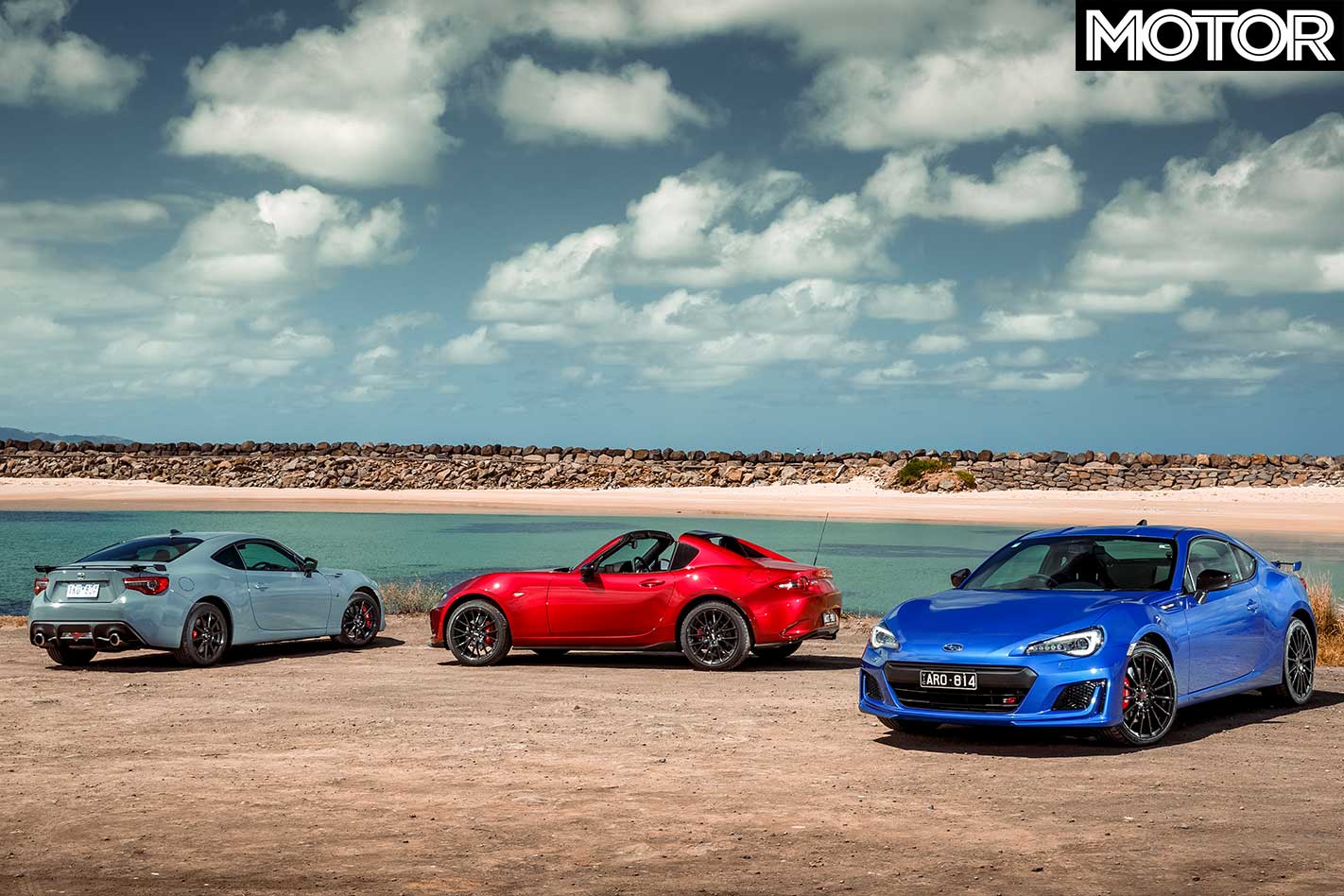
As many governments edge closer to banning the sale of new petrol- and diesel-powered cars, five Japanese manufacturers have banded together in an attempt to keep the internal-combustion engine (ICE) alive.
Subaru and Mazda have rallied behind Toyota in the initiative, also joined by motorcycle companies Kawasaki and Yamaha, in the pursuit of developing carbon-neutral fuels.
The three carmakers will participate in motorsport using biodiesel and biomass-derived synthetic fuel, while Toyota and Yamaha will compete in the Super Taikyu Race using hydrogen fuel.
While most hydrogen vehicles operate like an electric vehicle – using a fuel-cell to generate electricity – the two firms will use hydrogen to directly power internal-combustion engines.
Toyota has previously shown off its hydrogen-powered Corolla, which used hydrogen created from brown coal at Gippsland’s Loy Yang mine, in Victoria’s south east.
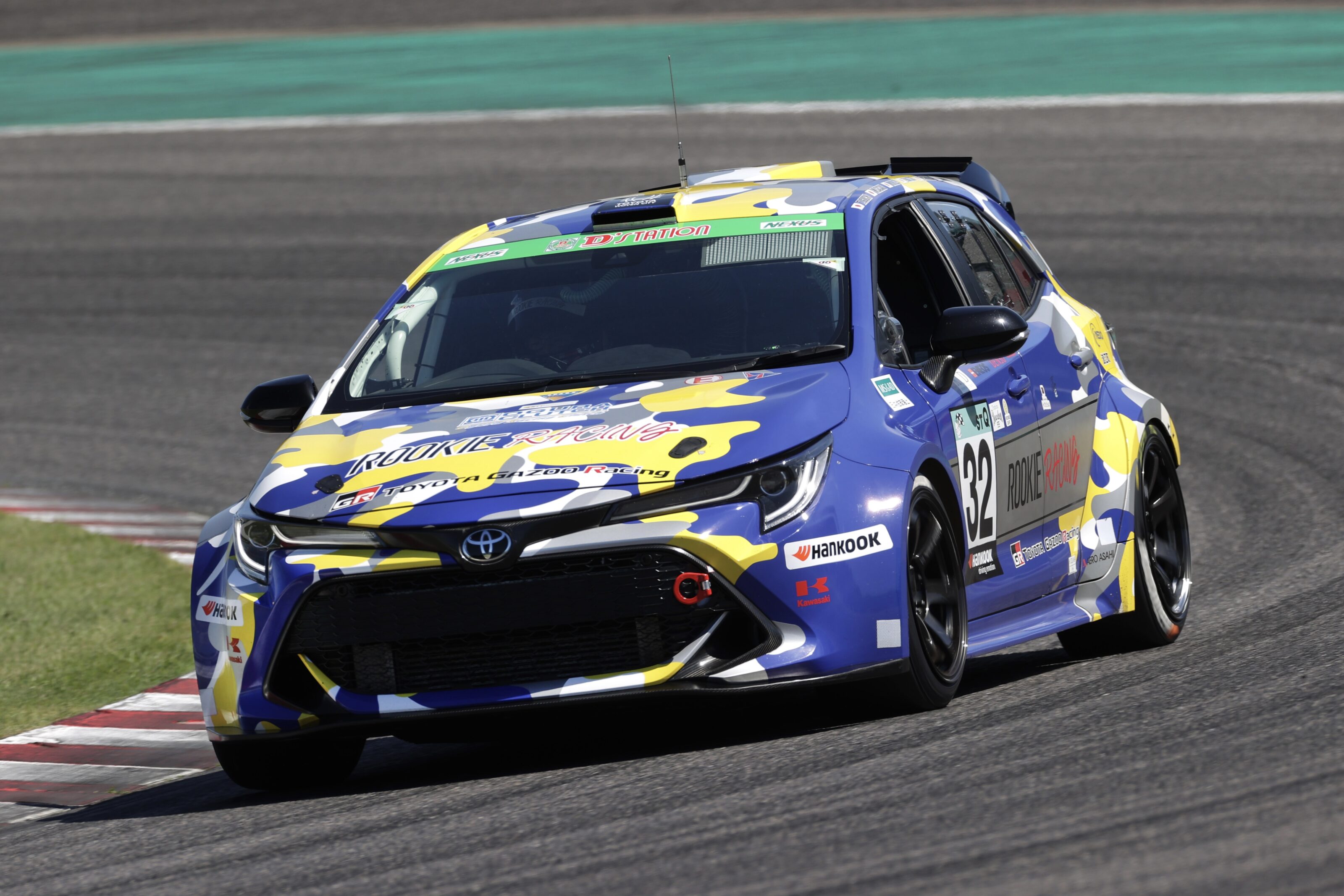
Kawasaki and Yamaha – traditional competitors in the motorcycle segment – will explore the possibility of collaborating on joint hydrogen research for two-wheeled applications.
The announcement comes as six carmakers signed onto the Glasgow Declaration at the COP26, which commits to banning the sale of new ICE vehicles by 2040.
We recommend
-
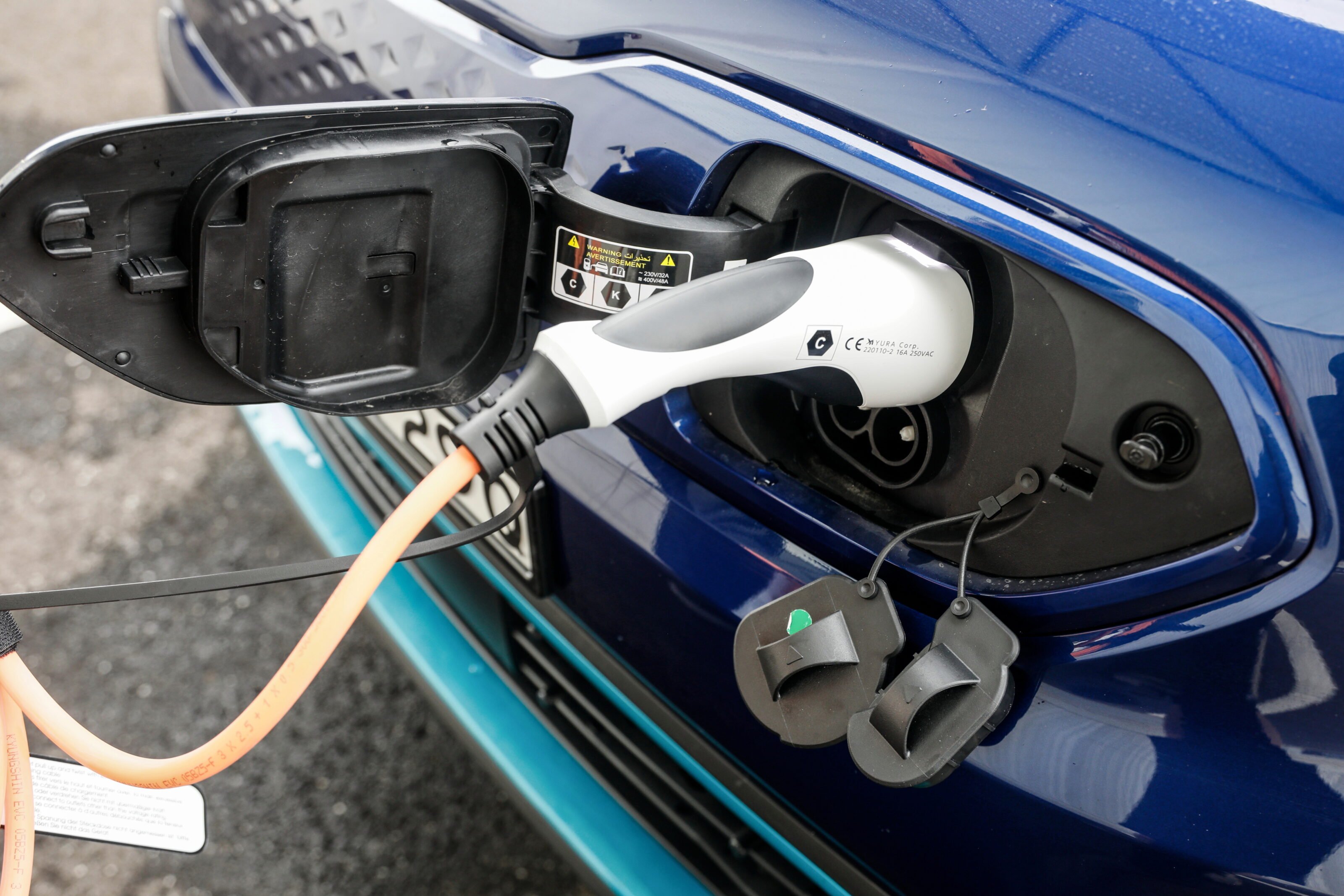 News
NewsElectric vehicle uptake could total 40 million per year by 2030
Surge in sales worldwide has pushed the number of EVs on the road to more than 12 million
-
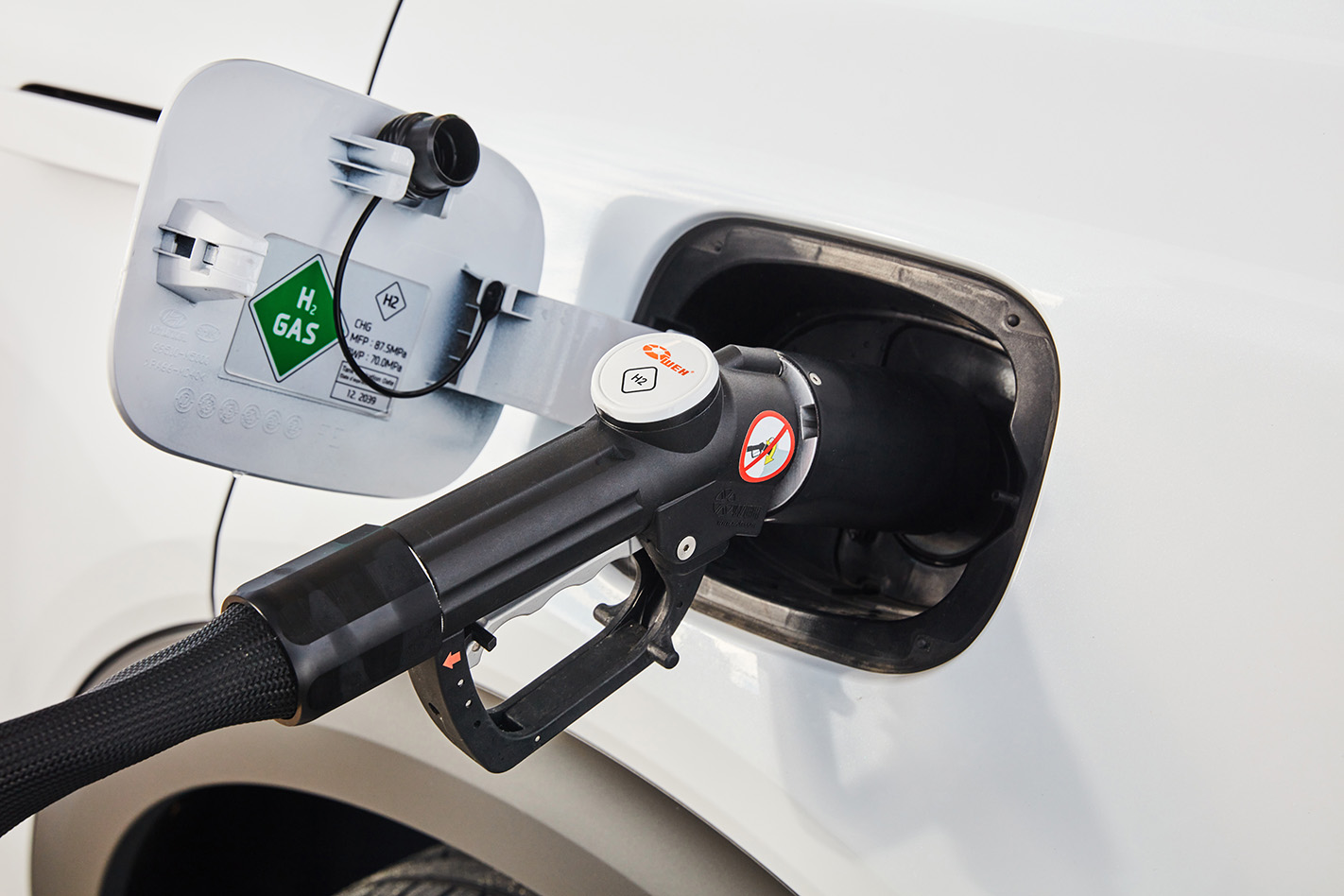 News
NewsVictoria’s Gippsland region set to become hydrogen vehicle hub
The Gippsland area in Victoria’s south east is set to transform from brown coal to hydrogen
-
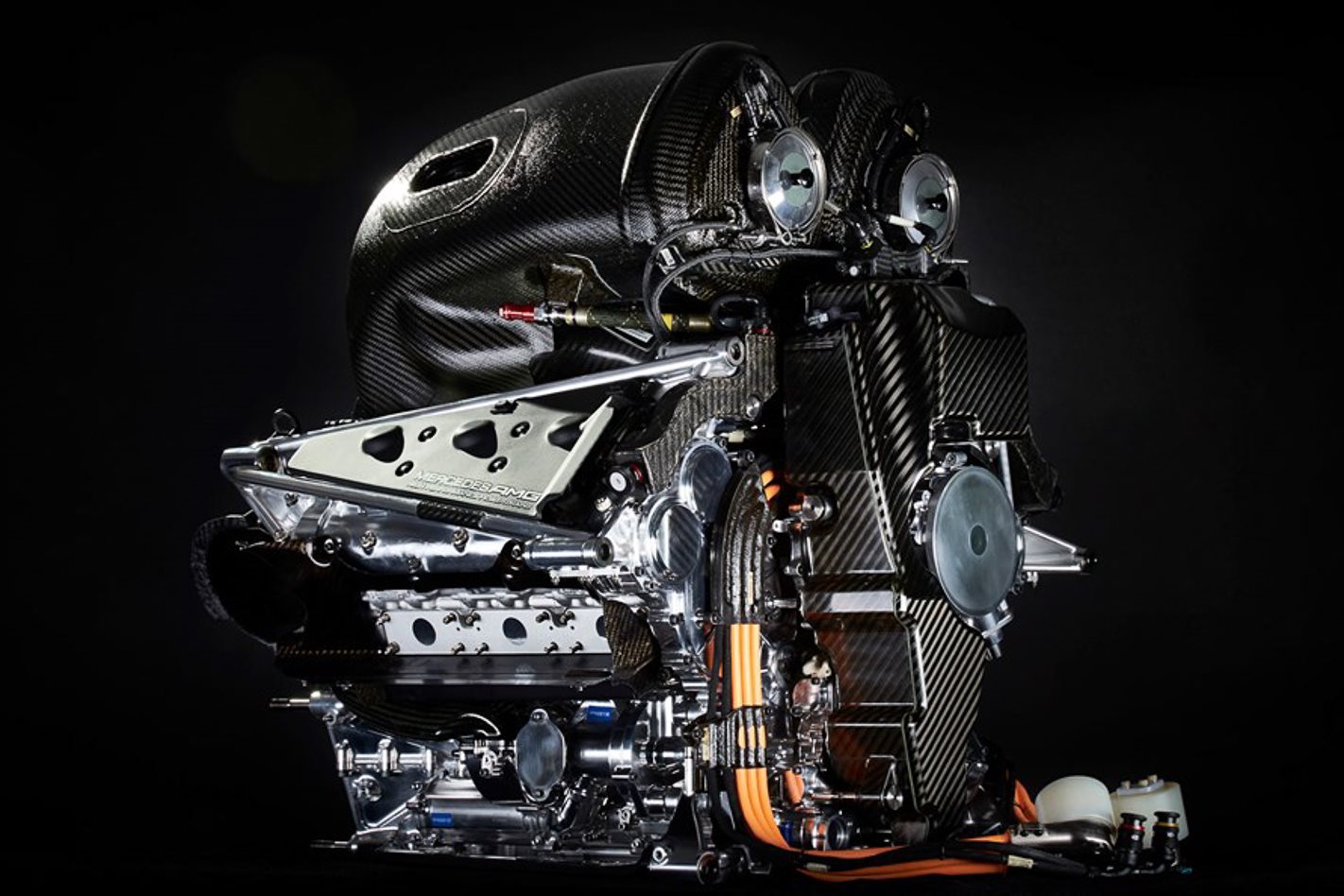 News
NewsFIA develops sustainable biofuel to power F1 engines
The new 'proof of concept' is a part of the sport's pledge to be more sustainable

